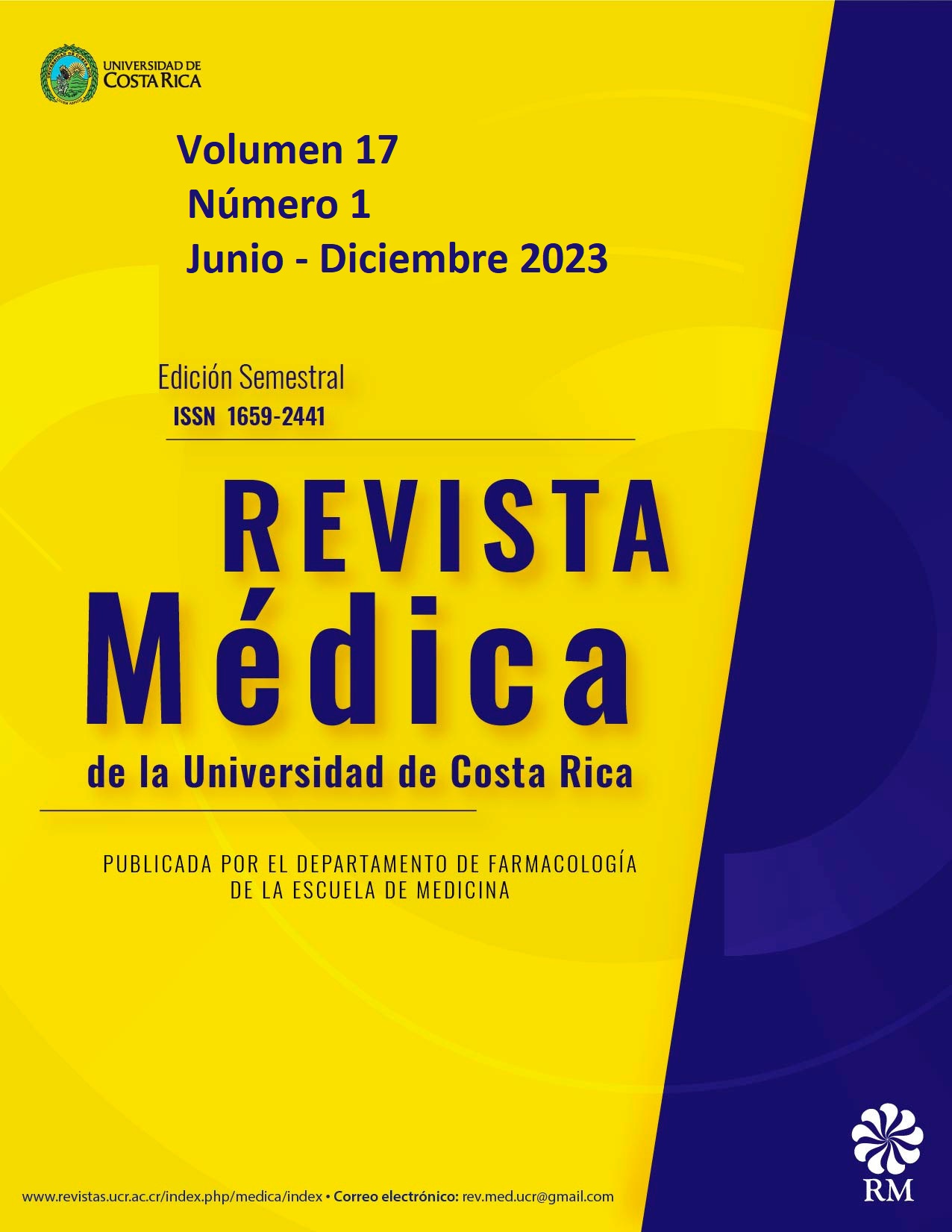Abstract
The main object of this study is to analyze the impact of an ambulatory blood pressure monitor (M.A.P.A.) in the control of hypertensive patients in the pharmacotherapeutic follow-up program of a primary care clinic. Regarding the methodology of this work, a prospective observational study was carried out with hypertensive patients who were referred from May 2018 to February 2019, where blood pressure values were checked with the M.A.P.A. The impact of the pharmacotherapeutic monitoring program is analyzed through the value of blood pressure, heart rate, mean arterial pressure, body mass index (BMI), and creatinine level, as well as adherence to treatment before and after being part of it. The statistical analysis is carried out through t student. About the results, 30 patients were included, of which 40% had normal or optimal blood pressure when performing the mapping with M.A.P.A. For this reason, 18 patients (60%) were included for pharmacotherapeutic follow-up. As a result, 283 negative reports associated with medication, 171 drug-related problems, and 11% adherence to treatment were identified. After the interventions were carried out, 100% adherence to treatment was achieved. In conclusion, the use of an ambulatory blood pressure monitor (M.A.P.A.) makes it possible to identify patients with uncontrolled hypertension, carry out appropriate pharmaceutical interventions and avoid the prescription of unnecessary medications and increase treatment adherence.
Key words: Hypertension, Education Pharmacy, Pharmaceutical Care, Treatment Adherence and Compliance. Source: DeCS/MeSH.
##plugins.facebook.comentarios##

This work is licensed under a Creative Commons Attribution-NonCommercial 4.0 International License.
Copyright (c) 2023 Luis-Manuel Rivas Solano, José-Miguel Sánchez Araya, Eugenia Cordero García, José-Miguel Chaverri Fernández cuando se publique.


